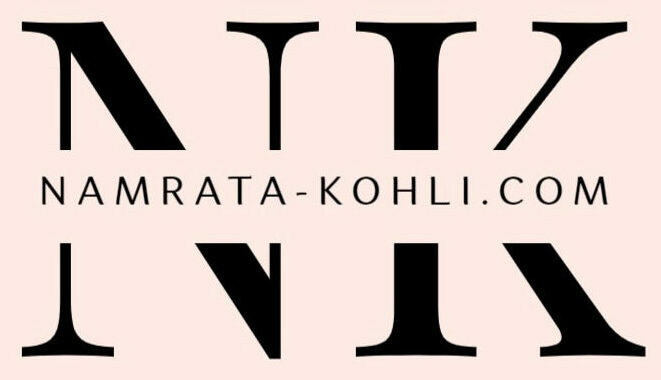Namrata Kohli | New Delhi
I am a product of an arranged marriage and had one myself like the majority of middle-class Indians. So, I am qualified to write on the subject of arranged marriages and matrimonial advertisements. Twenty years ago, the memories are vivid and clear, how my parents would arrange for savories with tea, from the neighbourhood halwai, samosas and pakoras, dhoklas and khandvis, rasgullas and gulab jamuns.
A prospective guy came who was from IIM-A and he asked me about my profession. When he came to know that I am a journalist covering real estate, he gave me a case study- what if I had to compute the valuation of a plot size of this much in Lajpat Nagar with three sides open, what would it be? I thought I was sitting in an MBA interview test rather than the living room of my own home. This was the state of affairs then. Finally, the one who married me had no questions at all and was ready to answer my queries.
So I am not against arranged marriages. As a Brit colleague once remarked – “Your society in India allows you a “fall back” option where matches are arranged by the parents. In our culture, dating is not just a choice but a compulsion. We meet prospective partners at workplace, at bars, through friends, date multiple people. But then sometimes, you don’t find the right partner.”
One of the longest-surviving institutions in our country, arranged marriages tend to maintain the family’s culture, ethnicity, and identity. However, the fact remains that it remains a huge gamble. Probably the smart thing to do is happening by today’s generation- which is “arranging love”. People find their matches through wedding portals, meet several times until they are sure, and then get their parents into the picture. It’s the best concept where the choice of children is stamped by parents.

I was hugely impressed with the Dove recent campaign “The Beauty Test Stops with me” of Mothermonials where the brand invites mothers to describe their daughters without a single beauty criterion. Otherwise, till date, height, weight, and skin colour make a prominent appearance in newspaper matrimonial pages. Sample this: “Brahmin boy working for MNC seeks fair, slim, tall, beautiful well educated professional girl”
The way these ads and biodatas are written reduces the girls to mere commodities. If you are fair-skinned, you will have more takers and good height will further increase your market value.

The Dove campaign invites mothers to describe their daughters as they see them- What makes them laugh? What does she like reading? What does she spend hours doing? What is that talent or quirk that makes her so precious? According to Sudha Aiyer, a Kerala based mom- “My daughter is a national-level badminton player, sings classical Indian music, is very intelligent and holds a good position at work. But if prospective grooms are wondering if she will be as dark and short as me, then all I can say is we are looking for a boy with high thinking.” Another mother of a prospective bride who hails from Kolkata says- “My daughter is a media professional who likes reading. I can tell you a hundred things about her likes and dislikes. But if you ask whether she is tall and thin, has doe eyes and thick black hair I refuse to indulge you because you are not looking for a life partner but just a commodity to get added to a cart.”

Certainly, the tenor and complexion of our matrimonial ads need to change. This shopping for brides through regressive matrimonial ads with shallow evaluations of height, and weight in mainstream media needs to go away. When you view the woman from the eyes of a mother, you will greet a whole, well-rounded individual with intellect, kindness, and so much more.




